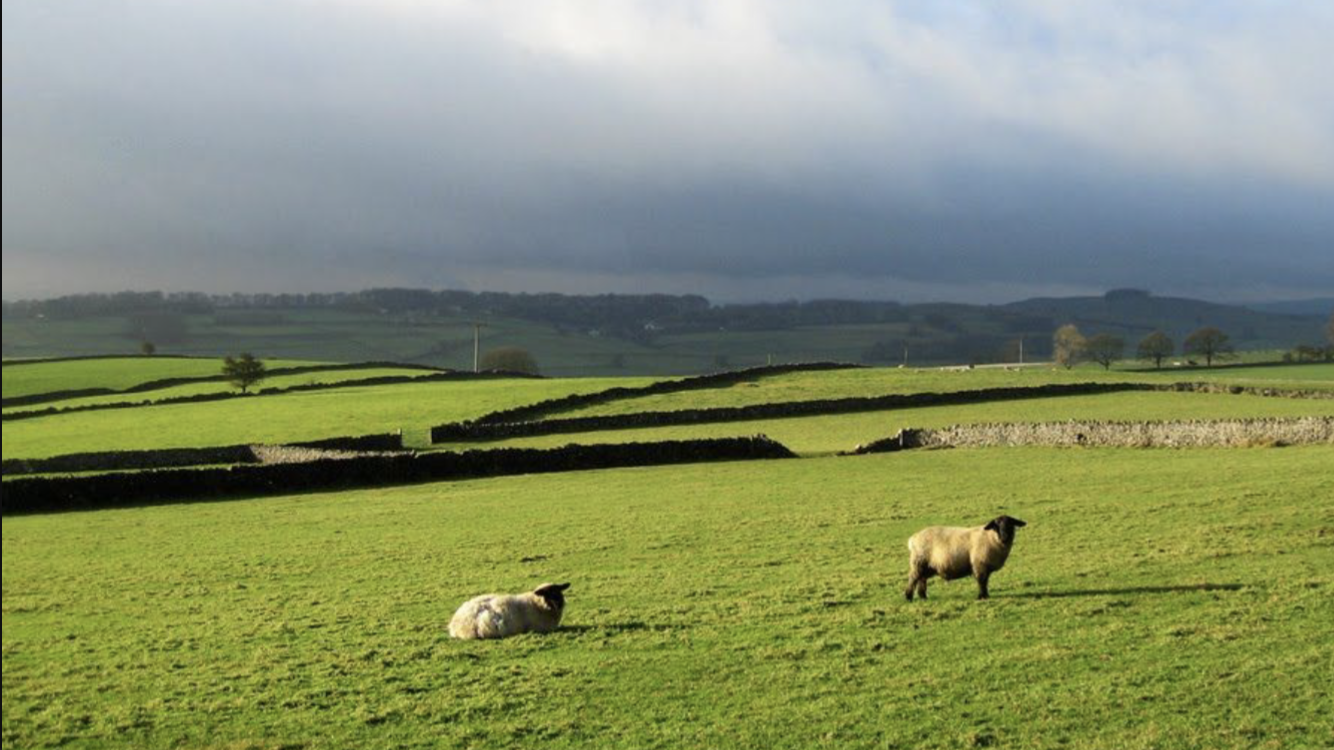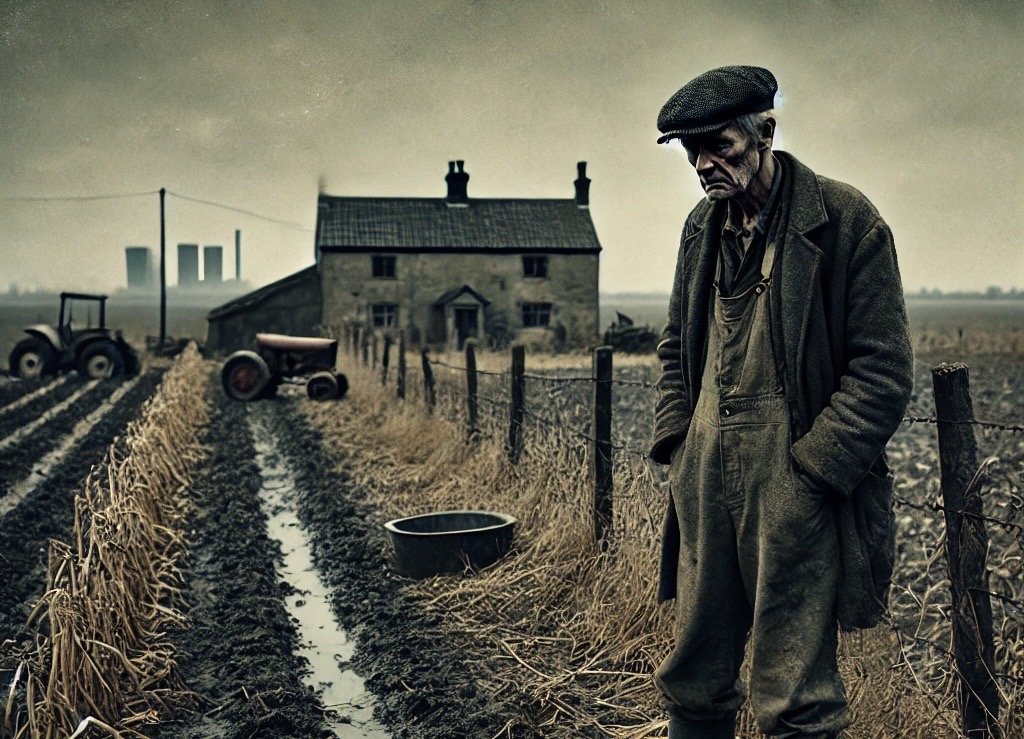Address
Chapel en le Frith, High Peak, Derbyshire
Work Hours
Monday to Friday: 9AM - 7PM
Weekend: 10AM - 5PM


UK Farmers Trapped in a 50 Year Income Freeze as Government and Corporations Tighten the Noose
British farmers, the backbone of the nation’s food supply, are being driven to the brink. A new report has revealed a staggering truth: their incomes have remained frozen in time since the 1970s. While the rest of the economy surged ahead and other sectors enjoyed rising real wages, those who till the land and rear the livestock have seen no financial progress in half a century.
Earlier this month, farmers gathered in Westminster, not in celebration, but in protest outraged by the government’s sudden imposition of inheritance tax on farm assets. For many, this may be the final blow. With average farm incomes stagnating at £32,272 over the past five years. identical, in real terms, to what they earned 50 years ago. The looming tax could force a generation to sell off their family land just to survive.
The report, by the Food, Farming and Countryside Commission, paints a grim picture: falling farmgate prices, an explosion in ultra-processed food consumption, and a supermarket system that has squeezed the life out of small and medium farms. British farming, once a proud and vital part of the economy, is being systematically undermined.
And the timing couldn’t be worse. This crisis unfolds against a backdrop of the 18 wettest months on record and the final unraveling of EU farming subsidies, a lifeline for many rural businesses.
Even more alarming is the concentration of power in the food supply chain. A handful of colossal corporations now control the vast majority of inputs: four companies supply 70% of supermarket beef; two processors handle 40% of all UK milk; three firms dominate fertiliser; and three manufacturers corner the tractor market. This stranglehold leaves farmers with virtually no room to negotiate, no ability to shop around, and no real control over their livelihoods.
“This version of cheapness is expensive,” the report warns. “The real cost is being paid in our health, our environment, our rural communities, and our national food security.”
It’s not just about income. It’s about survival. The authors of the report urge the government to fight back, to introduce trade standards that protect UK farmers from being undercut by inferior imports, and to establish a food market regulator with a public value mandate. They call for targeted agricultural investment in fruit, vegetables and pulses, the sectors most starved of support.
Environment Secretary Steve Reed acknowledged that farmers are not being paid enough for what they do, and has promised a 25 year farming plan aimed at “supply chain fairness.” But for many farmers, fairness is no longer enough. They want justice. They want a future.
Unless urgent action is taken, the land that once fed the nation may fall silent, sold off, paved over or handed to foreign interests. While Britain’s ability to feed itself withers away.